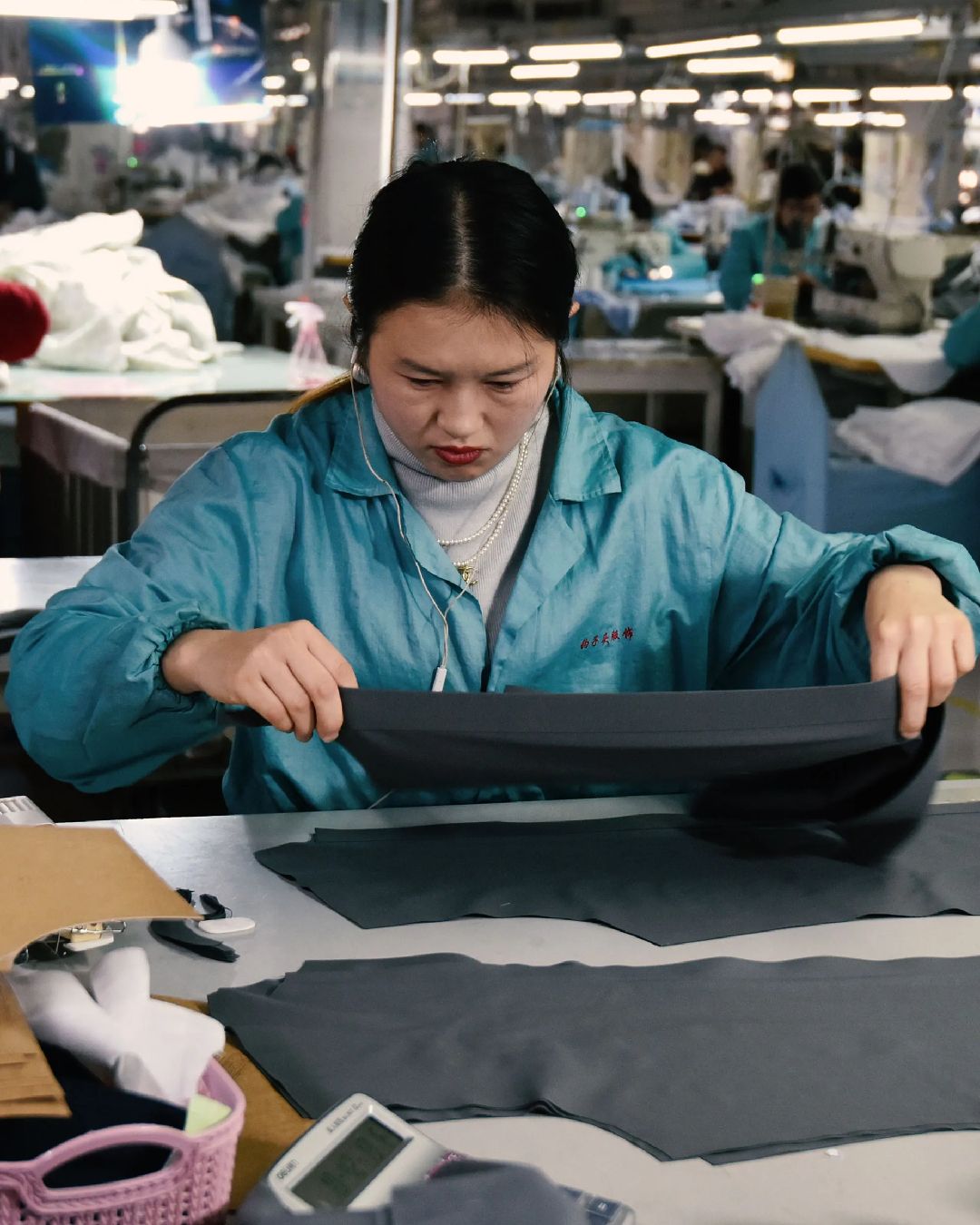
Where do workers' rights stand in fashion Widespread dismissals and uncovered wages in Asian production centres
Amongst widespread lay-offs and uncovered wages, the conditions of Asian workers continue to degenerate. In the main garment production centres of Western brands, located in Bangladesh, Sri Lanka and Pakistan, the workers' tenuous gains in minimum wages and working hours have been wiped out since the advent of the Pandemic, when millions of unemployed employees have found themselves living on their savings to support themselves, to the point of going into debt in many cases. «People have lost all their savings, they no longer have anything to fall back on. It is real poverty» Nandita Shivakumar, campaigns and communications manager of the trade union and labour rights coalition Asia Floor Wage Alliance, told BOF. Despite an initial recovery following the slowdown of the Covid-19 outbreak, the war in Ukraine has led to a significant rise in energy and food prices again, exacerbating the fluctuations that were already affecting global markets due to the difficulties in supply chain. Now western consumers are again starting to cut back on spending, putting new pressure on the already precarious living conditions of garment workers and putting a strain on production centres.
According to a study published in February by the multi-stakeholder advocacy group, The Industry We Want, garment workers in major production hubs were already being paid on average about half of what they would need to achieve a decent standard of living in 2021. But this summer inflation reached 7% in Bangladesh and India, two of the largest garment exporting centres in the world, 25% in Pakistan, exceeded 60% in Sri Lanka and approached 80% in Turkey. A panorama to which must be added the problem of climate change, which in Pakistan has caused violent floods, with the consequent death of more than 1,000 people and the destruction of vast cotton crops, as well as the dramatic impact of cancelled orders in March 2020, when Walmart and Target, leaders in the US retail sector, cancelled orders worth billions of dollars. Amidst mass layoffs and uncovered wages, the need for clearer regulation of the relationship that binds buyers and suppliers with more secure contractual terms has emerged, especially for manufacturers who often find themselves in trouble even when purchasing materials, paying in advance and again witnessing delays and cancellations.
In the chaos of production chains, timid first steps have been taken to stem the damage of an increasingly complex geo-political scenario: last year California passed a law making brands responsible for the wages of garment workers, and there are plans to extend the proposal to the federal level. «There is a realisation in the human rights community that the way forward is to make companies co-responsible for wages» Barenblat told BOF. But, now more than ever, the desire to protect workers' rights and pay decent wages is in conflict with the demand for cheap fast fashion, showing how today's rhythm of production is irreconcilable with a system that abolishes the exploitation of workers.





















































